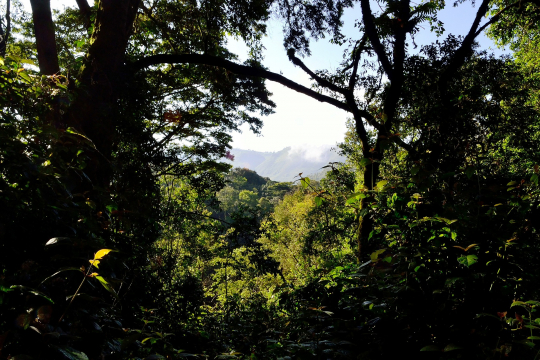Inclusive Green Economy (IGE) in an extensive program for capacity development in Eastern Africa. It strengthens the national capacity to create an inclusive green economy, which is one of the prerequisites for achieving the Sustainable Development Goals. The training focuses on economic instruments while considering the social aspects of the policy implementations.
This Sida-financed program started in 2021 and includes Ethiopia, Kenya, Uganda, Rwanda, and Tanzania. The participants are civil servants from those countries who learn about and discuss tools for a transition towards an Inclusive Green Economy (IGE).
The EfD centers in each country have set up teams including the center director, a full-time policy engagement specialist, and a senior researcher. Those teams support the participants through the program.
EfD has a long history of working with capacity development in this region. This program, however, is more comprehensive than previous ones and it includes new features. For instance, with more emphasis on inclusion, the program highlights the importance of stakeholder involvement, which ensures that green economy policies can get broad acceptance.
Methods for peer learning have also been developed to help participants benefit from networking and the sharing of knowledge and experiences across borders.
The program consists of five work packages:
- Training-of-trainers, where the participants will learn tools for training their colleagues
- Cross-country peer learning, that is, sharing experiences and best practices
- Inclusive green economy in practice-projects
- Inclusion: Social acceptance of IGE reforms
- Program management, digital learning, and communication
The EfD centers in the participating countries are partners in this program. Researchers and practitioners at the University of Gothenburg, the Swedish Tax Authority, the Swedish Environmental Protection Agency, and the World Resources Institute also provide expertise.
